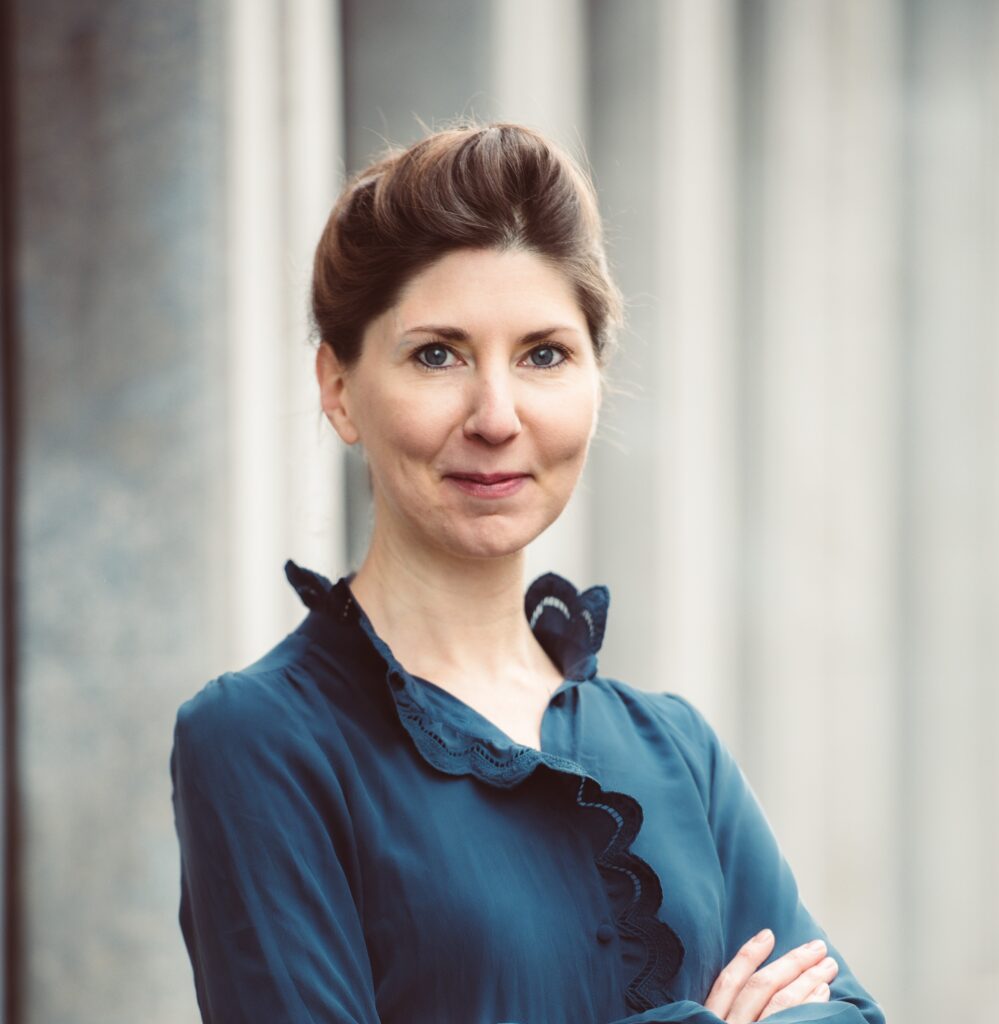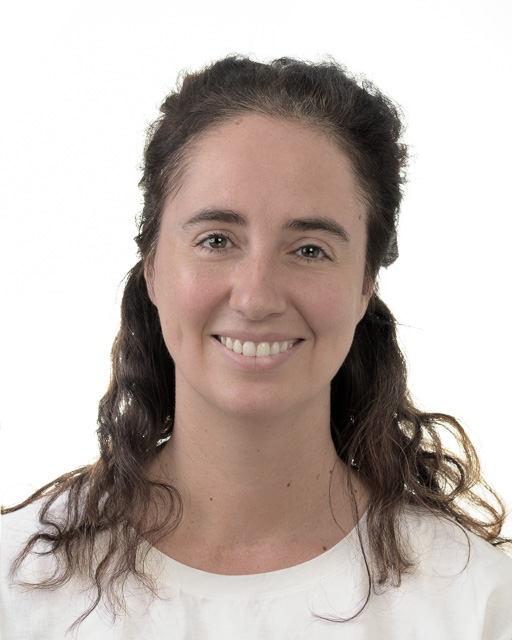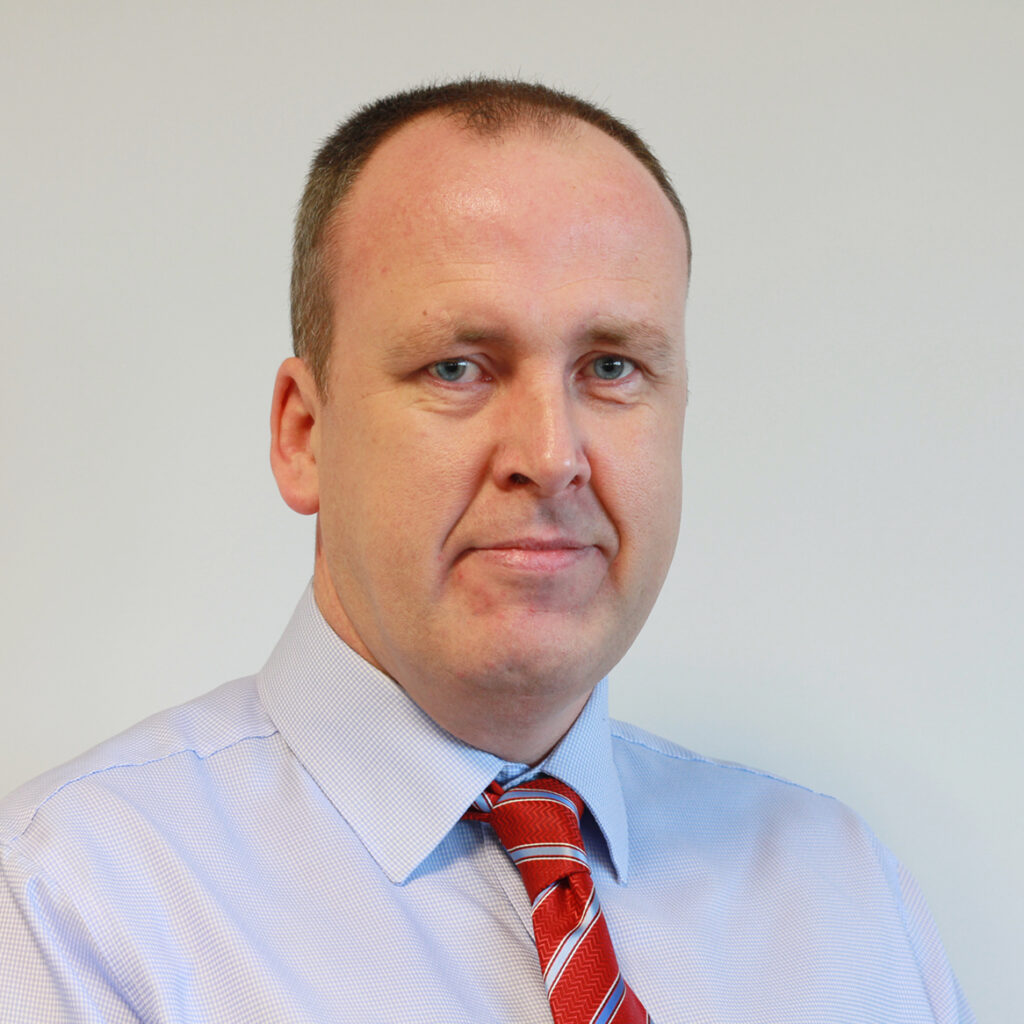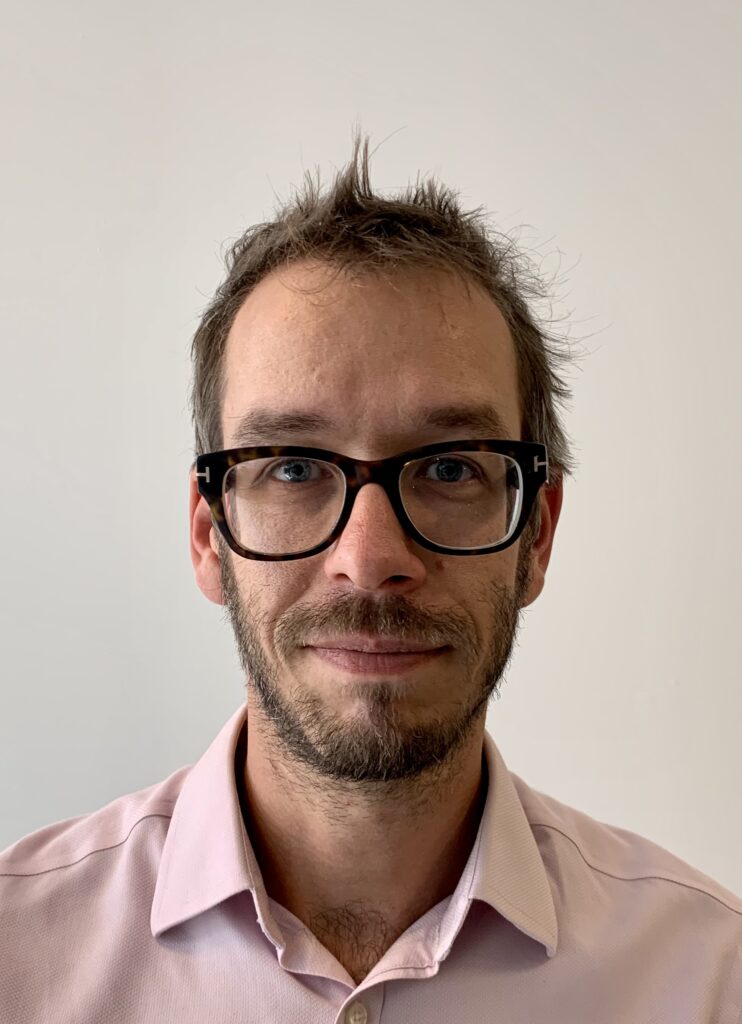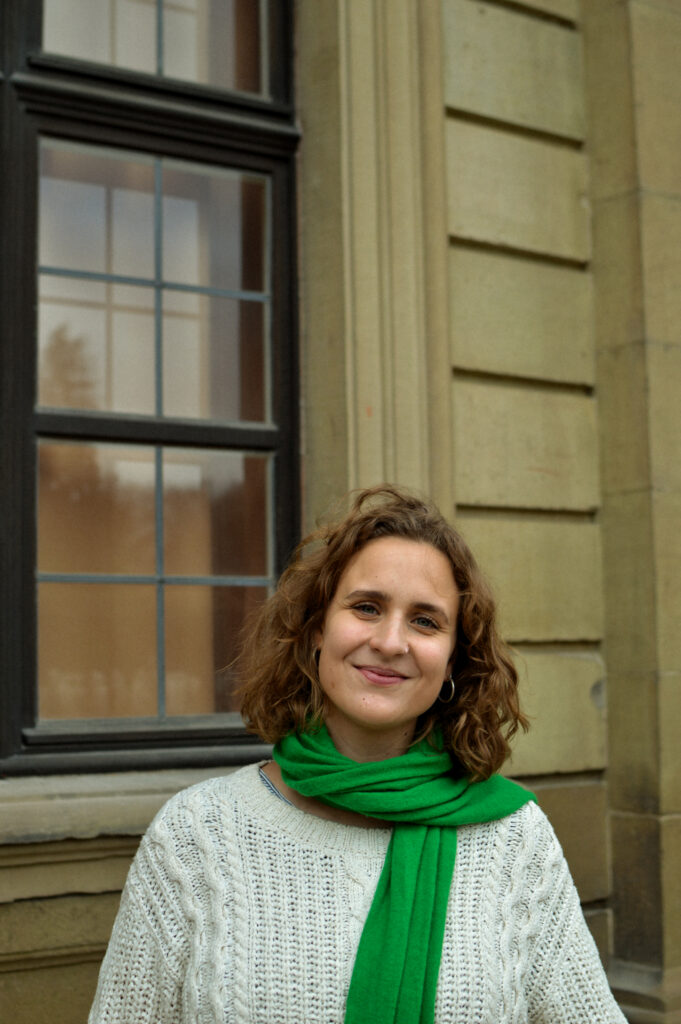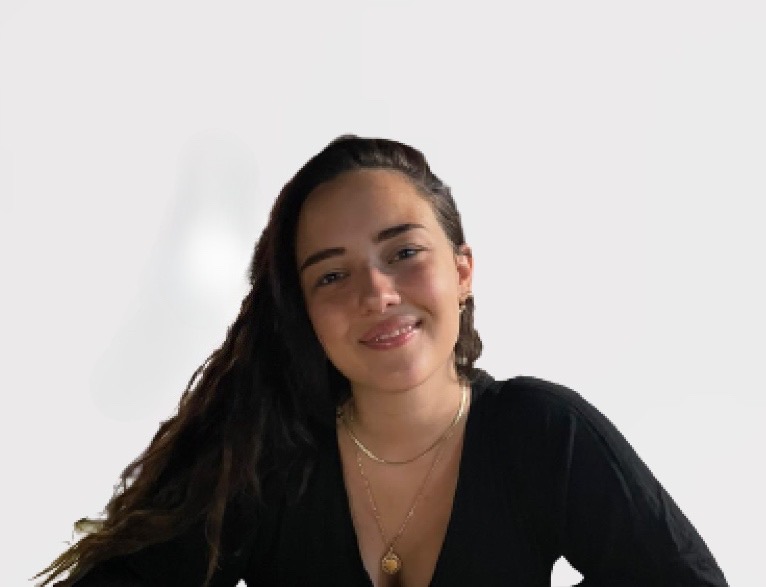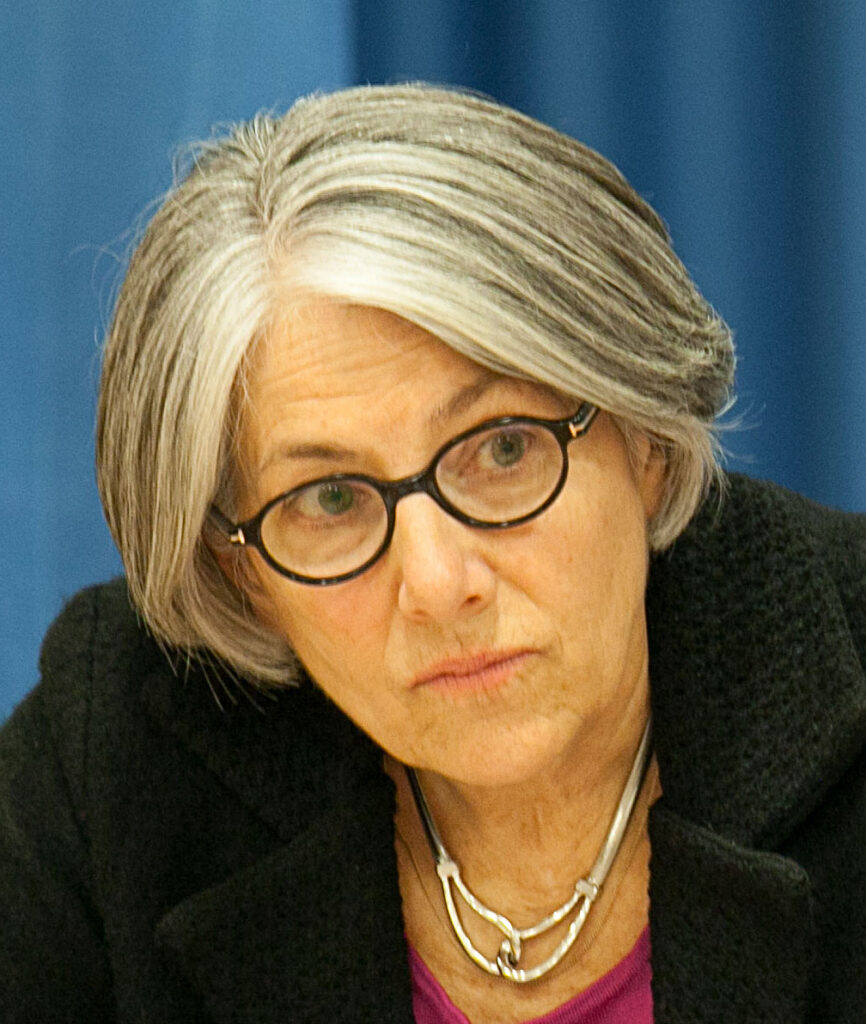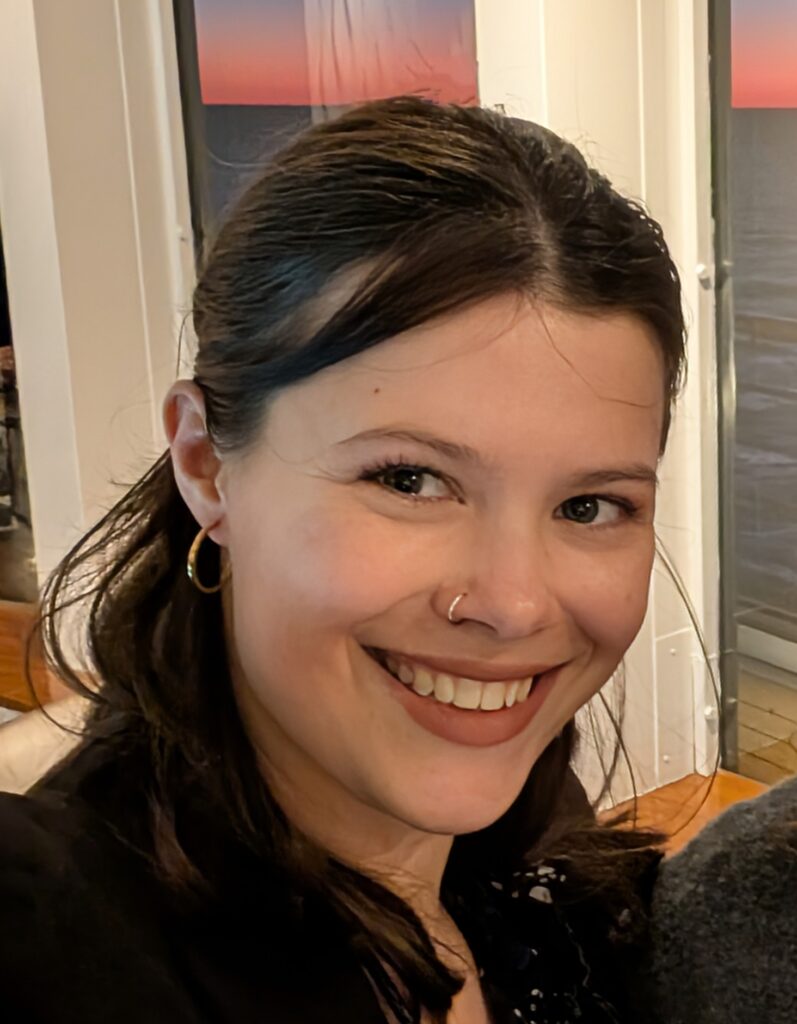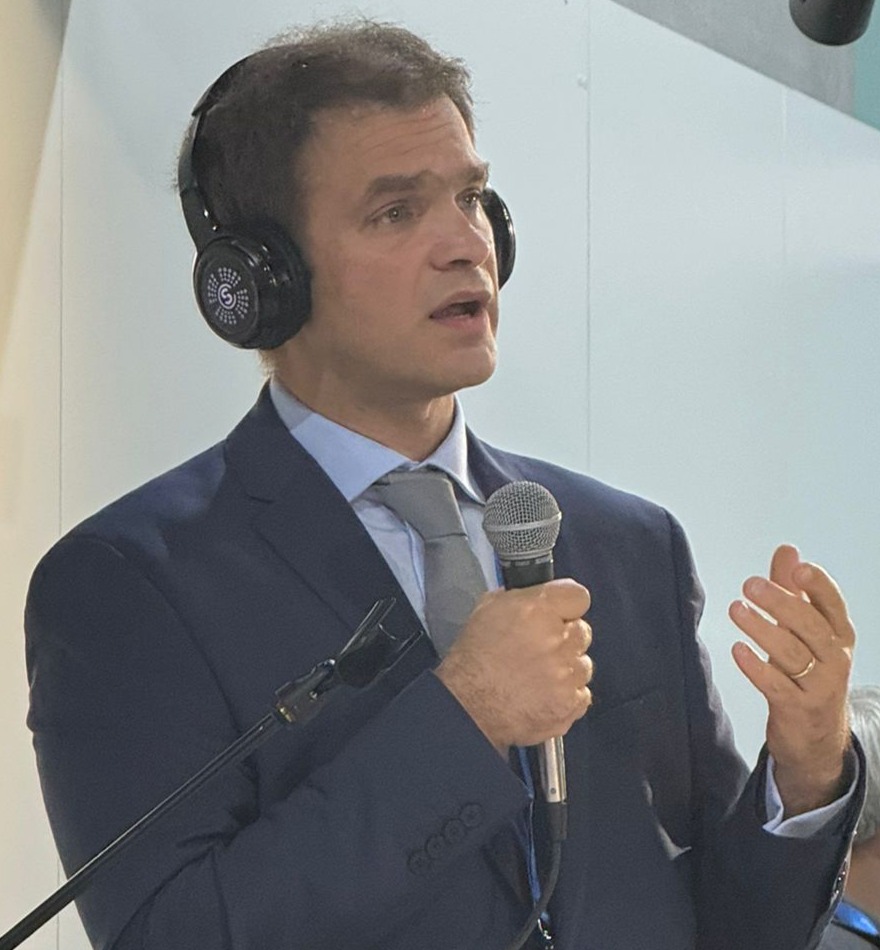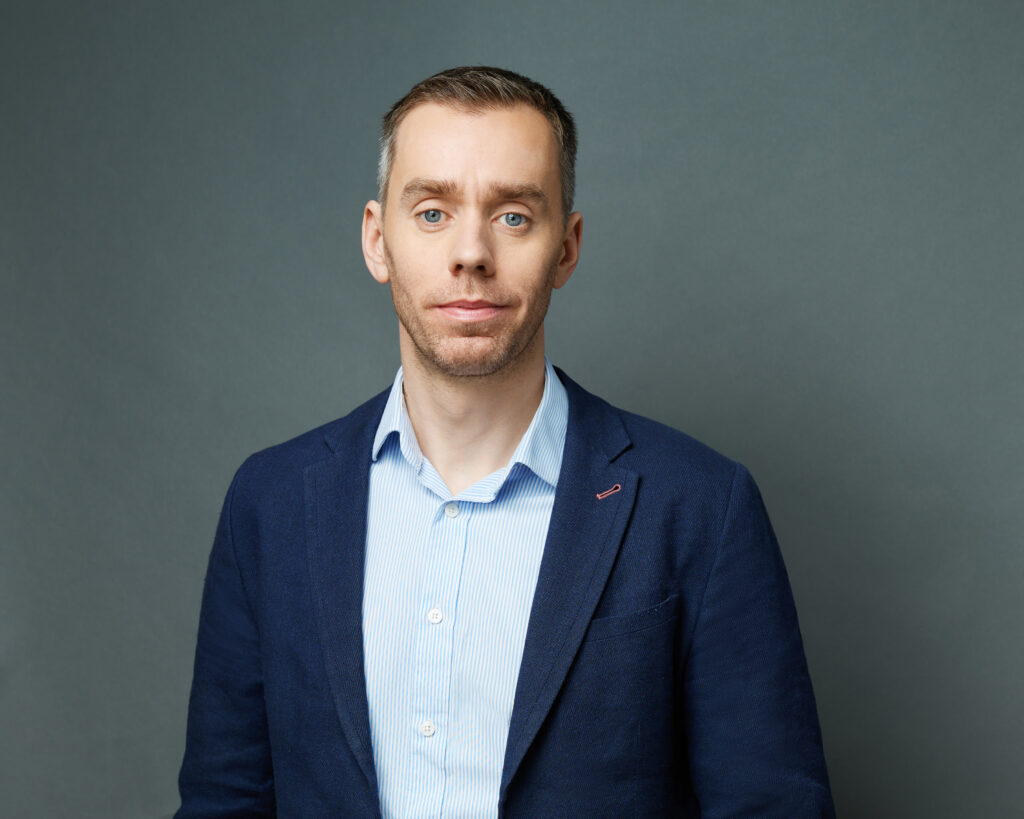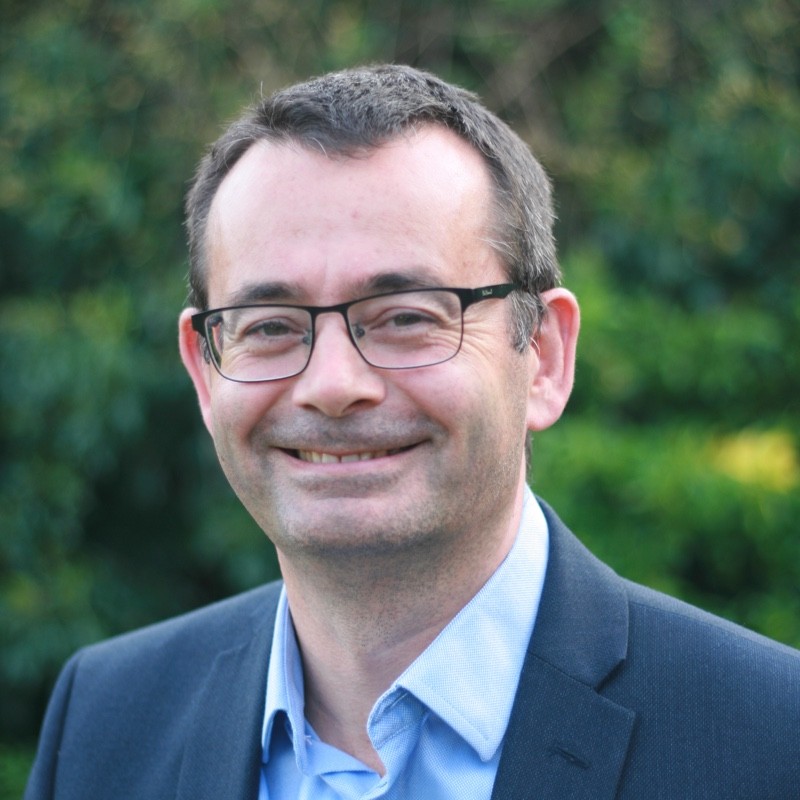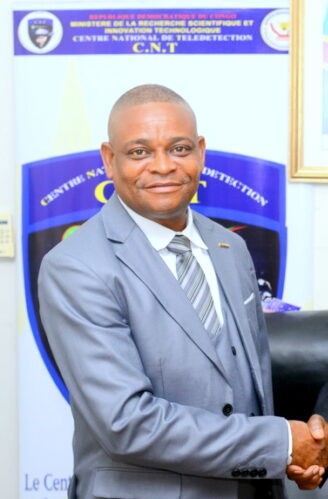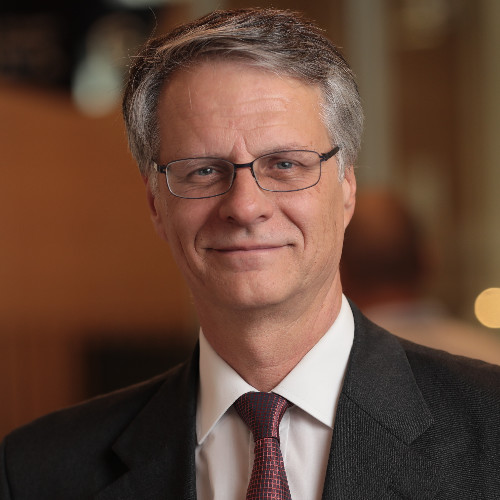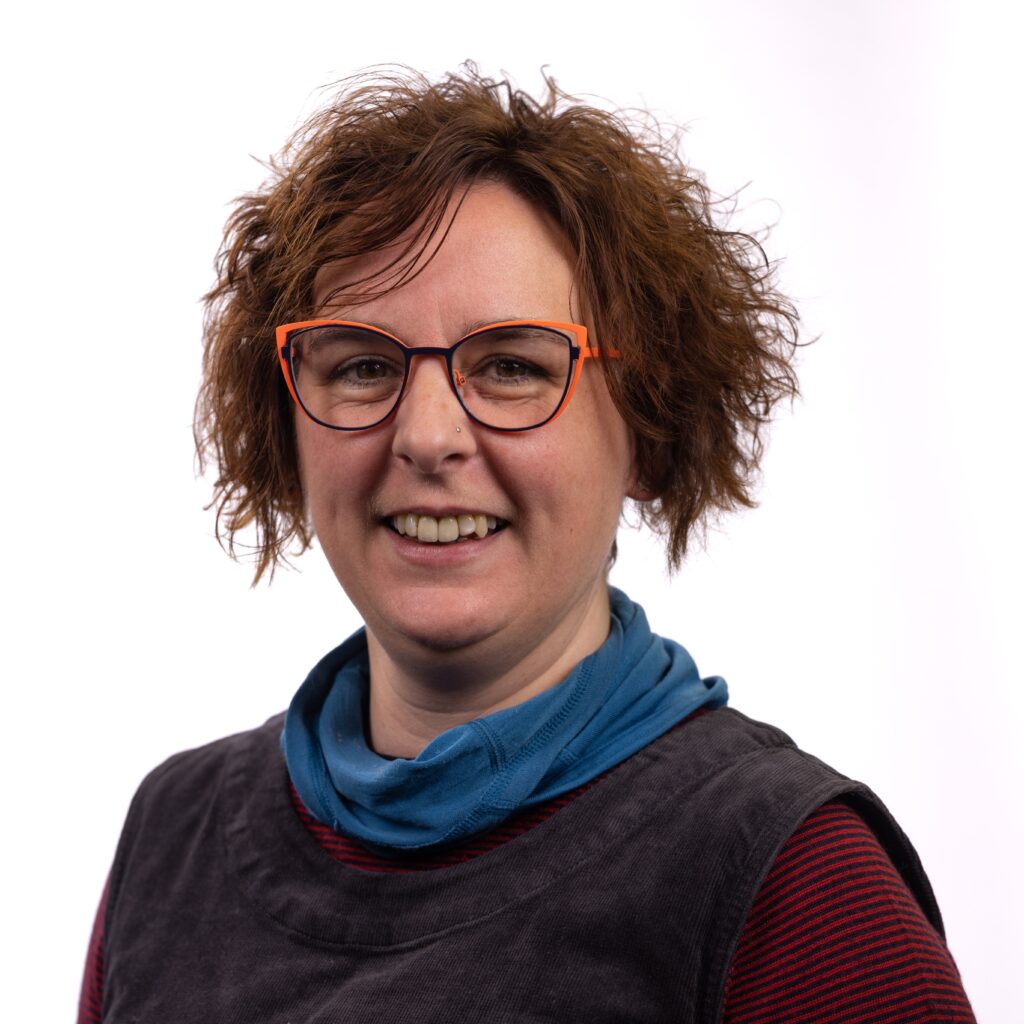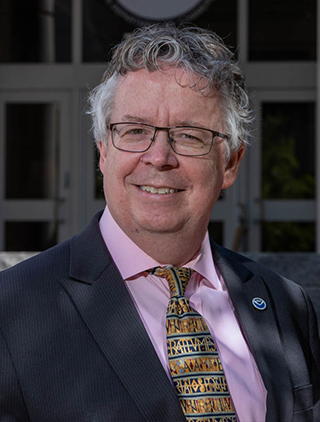
Stephen Volz, Ph.D
Assistant Administrator for Satellite and Information Services
NOAA
Stephen Volz serves as the Assistant Administrator for NOAA’s Satellite and Information Service.
Dr. Volz has 35 years of professional experience in aerospace. As the NOAA lead for all space Earth Observations, Dr. Volz helps define the space and information architecture for NOAA, and, working in partnership with NASA and other US agencies, helps guide the U.S. approach to future civil space observations. He is a leader in the international Earth observation community, serving as the NOAA Principal both to the Committee on Earth Observation Satellites (CEOS) and to the Coordinating Group of Meteorological Satellites (CGMS). Dr. Volz is the Principal U.S. representative to the Executive Committee of the international Group on Earth Observations (GEO), and in this capacity he helps lead efforts coordinating with global participants on the use of global Earth Observations data, including satellite-based observations, to further the delivery of comprehensive environmental information to communities around the world. He serves as the Co-Chair of the NOAA Observing Systems Council and is also a member of the NOAA Executive Council. Dr Volz also served as Acting Assistant Secretary of Commerce for Environmental Observation and Prediction (ASEOP), for almost 33 months over two periods 2016-2022.
Dr. Volz previously served as the Associate Director for Flight Programs in the Earth Science Division of NASA’s Science Mission Directorate where he managed all of NASA’s Earth Science flight missions and associated activities. Prior to serving as the Flight Program Director, Dr. Volz was the Earth Science program executive for a series of Earth Science missions, including EO-3 GIFTS, CloudSat, CALIPSO, and ICESat, and he led the Senior Review for the Earth Science operating missions. Dr. Volz worked in industry at Ball Aerospace and Technologies Corporation from 1997–2002, where he was the Project Manager for the Spitzer Space Telescope (formerly the Space Infrared Telescope Facility) superfluid helium cryostat and other flight projects. From 1986–1997 Dr. Volz worked for NASA’s Goddard Space Flight Center as an instrument manager, an I&T Manager, a systems engineer, and a cryogenic systems engineer on missions and instruments including the Cosmic Background Explorer (COBE), among others.
Dr. Volz is a member of several professional societies, including the American Physical Society (M’82), the American Astronomical Society (M’87), the American Geophysical Union (M’02), and the American Meteorological Society (M’08). He is a senior member of the Institute of Electrical and Electronics Engineers (IEEE), an active member of and participant in the Geoscience and Remote Sensing Society (GRSS), and a member of the GRSS Administration Committee (AdCom) for the period of 2013–2015.
Dr. Volz has a doctorate in Experimental Condensed Matter Physics from the University of Illinois at Urbana-Champaign (1986), a master’s in Physics from Illinois (1981), and a bachelor’s in Physics from the University of Virginia (1980). He has more than 20 publications in peer-reviewed journals.
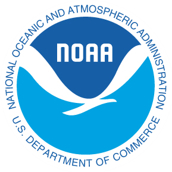
NOAA
NOAA's National Environmental Satellite, Data, and Information Service (NESDIS), provides secure and timely access to global environmental data and information from satellites and other sources to promote and protect the nation's security, environment, economy, and quality of life. The National Oceanic and Atmospheric Administration’s (NOAA) mission is to understand and predict changes in climate, weather, oceans, and coasts, to share that knowledge and information with others, and to conserve and manage coastal and marine ecosystems and resources as the Nation’s authoritative environmental intelligence agency.
SPACE AGENCY PANEL: EO FOR SUSTAINABLE DEVELOPMENT & GLOBAL PARTNERSHIPS
This panel will explore the strategic role of Earth Observation technologies in advancing global sustainability, emphasizing SDG 17, which focuses on revitalizing global partnerships for sustainable

